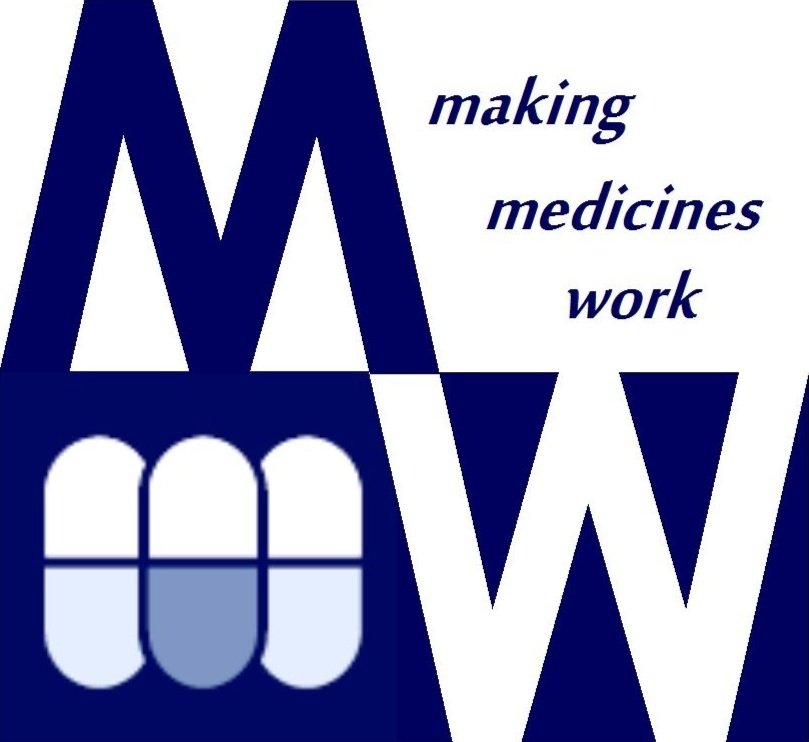Clinical Medicines Review
Medicines are the most common medical intervention. The initial decision to prescribe medicines, the patient's experience of using the medicines and the patient's needs for adherence support should be reviewed regularly. Medicines use can be complex and how people can take their medicines safely and effectively can be a challenge. Around 30-50% of patients do not take their medicines as intended. This may result in a number of problems, including poor therapeutic outcomes, or an increased incidence of adverse effects. There can also be a mismatch between prescribing guidelines for specific medical conditions and the range of clinical complexity found in individuals. For patients with multiple conditions, the implementation of the sum of evidence-based recommendations may not be rational, may increase the risk of adverse drug events and may not align with the patient’s preferences. A clinical medication review ensures that patients are taking the best combination of medicines individualised to them and their medical conditions.
Discharge Support/Transitions of Care
Adverse events of medicines represent a considerable burden of morbidity and mortality and half of these occur at the interface between secondary and primary care. At the time of hospital admission or discharge, there is a greater risk of poor communication and unintended changes to medicines. When people move from one care setting to another, between 30% and 70% of patients have an error or unintentional change to their medicines.
Medicine Reconciliation
Part of the medicine optimisation process is to ensure relevant information is shared when people move from one part of the healthcare system to another. Medicine reconciliation includes clinical review for appropriateness. Medicines are reconciled, discrepancies identified and resolved, changes discussed with patients to clarify any misunderstandings, records updated, plus provision of medicines education and ensuring an appropriate follow-up plan is in place for monitoring including blood tests, adverse effects, clinical review and dose titration.
Other Medwise services include:
Medicines education for health professionals
Community education
Medicines information enquiries for GPs, nurses and pharmacists
Medication review clinics in rest homes, general practice surgeries and Hauora





